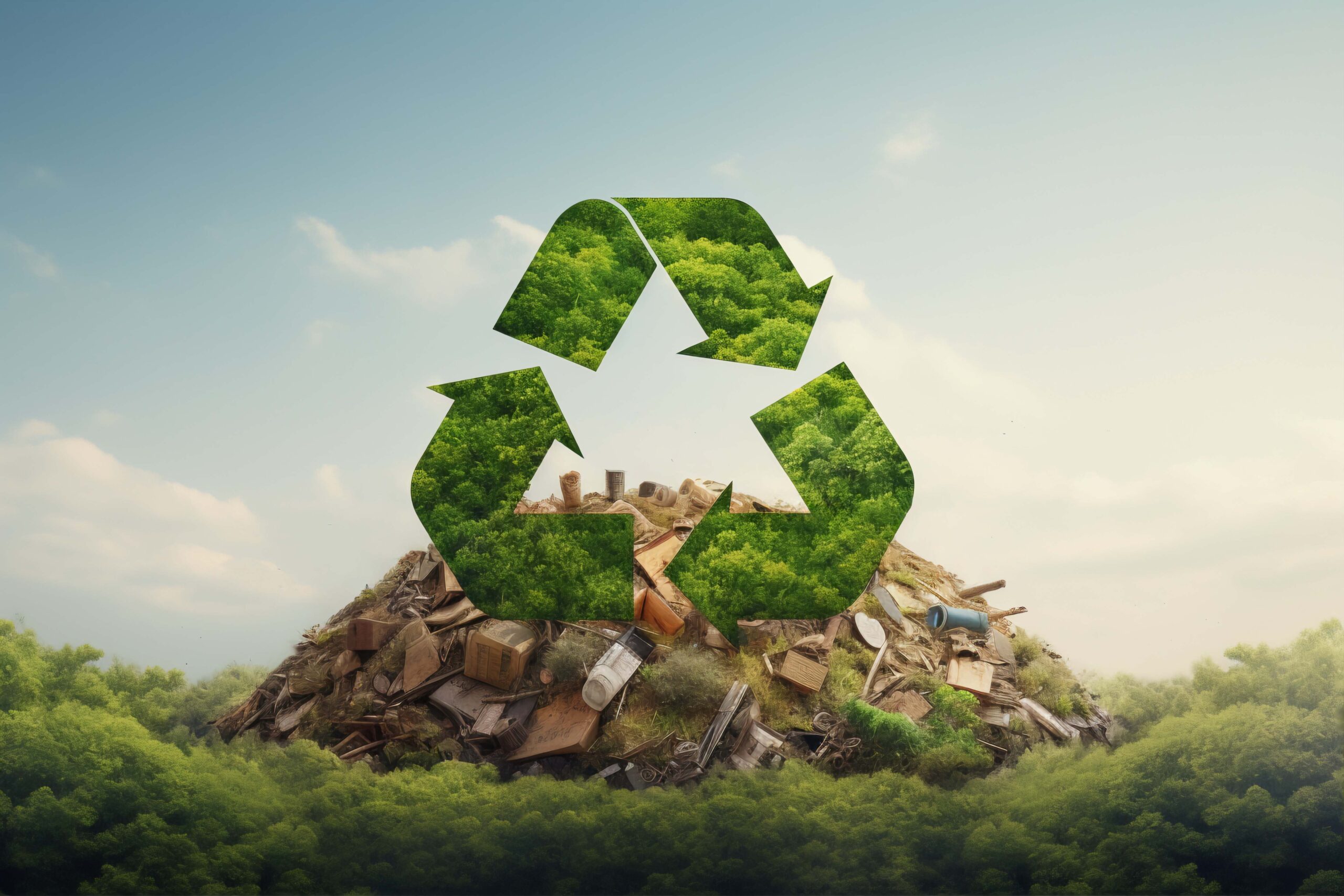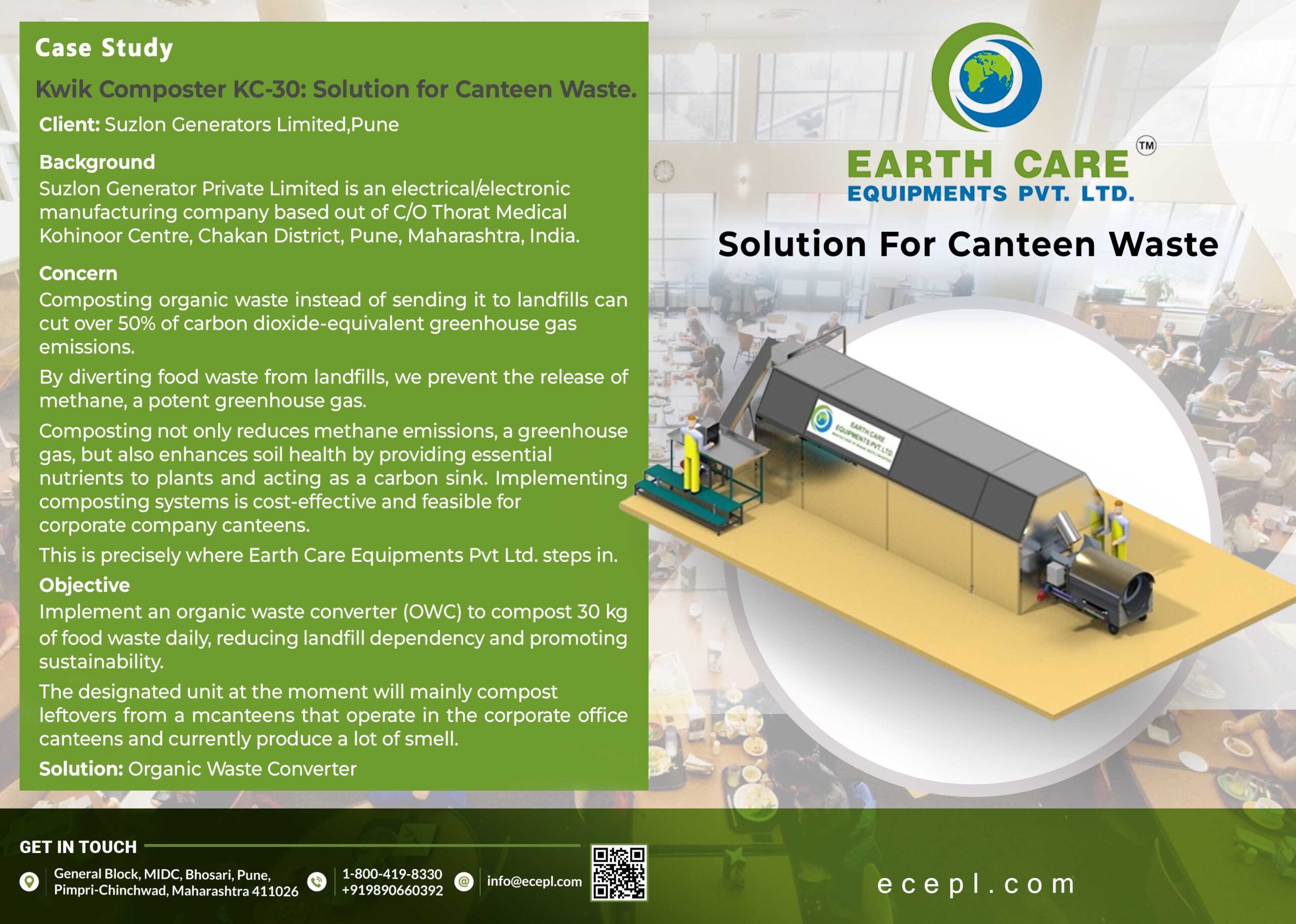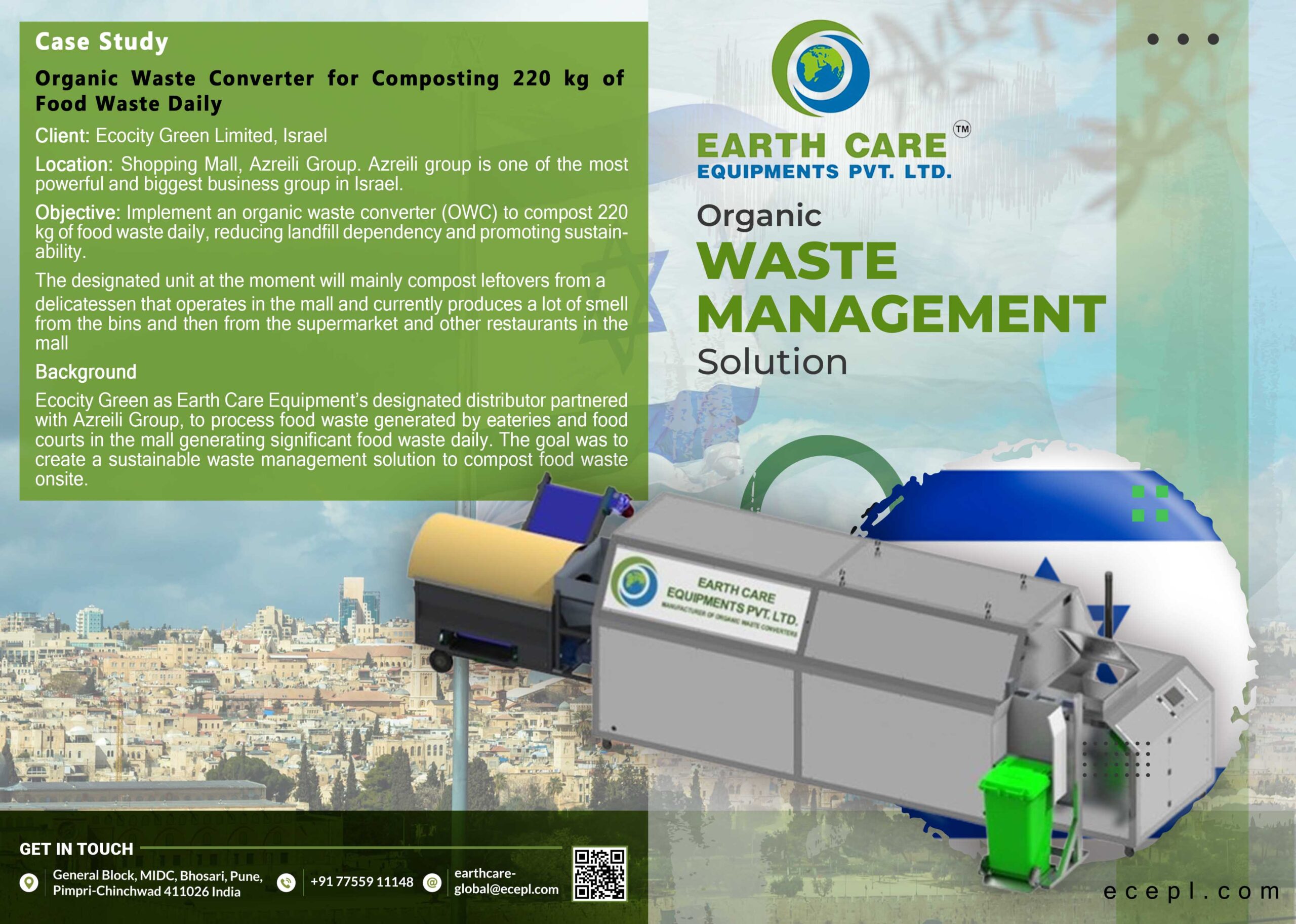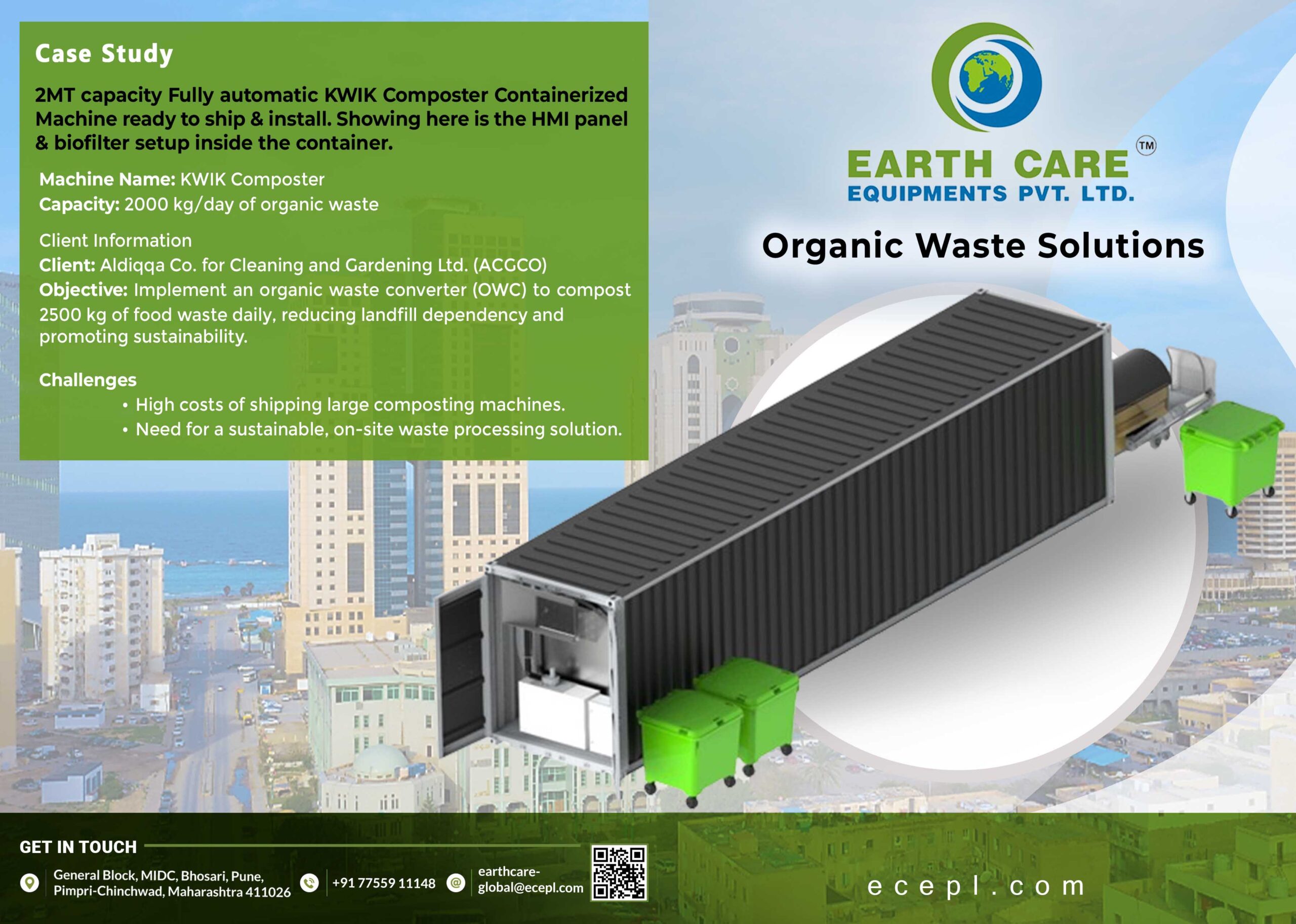
In a rapidly urbanizing world, the challenge of solid waste management has reached critical proportions, casting a shadow over the sustainability of our cities. This article delves into the concealed perils associated with landfills and the formidable challenges cities encounter in effectively managing their burgeoning solid waste.
Understanding Landfills: More Than Meets the Eye
The Conundrum of Waste Accumulation
Cities worldwide are grappling with a concerning surge in waste generation, leading to an increased reliance on landfills as the primary disposal method. Unchecked waste accumulation poses severe environmental and health hazards, necessitating a comprehensive reassessment of current waste management practices.
Environmental Impact
Landfills, often considered as convenient waste repositories, contribute significantly to soil and water pollution, releasing harmful chemicals and greenhouse gases into the environment. The long-term environmental impact demands urgent attention and sustainable waste management solutions.
Cities’ Struggle: Challenges in Solid Waste Management
Infrastructure Gaps
The inadequate infrastructure for waste management in many cities exacerbates the problem, with insufficient waste collection systems and disposal facilities leading to overflowing landfills. Bridging these infrastructure gaps is imperative for effective and sustainable waste management.
Economic Burden
The economic burden of managing solid waste consumes a substantial portion of city budgets. This burden further intensifies as cities grapple with the aftermath of environmental degradation caused by improper waste disposal. A shift toward more sustainable waste management practices becomes not just an environmental necessity but an economic imperative.
Earthcare’s Equipment: Revolutionizing Waste Management
Organic Waste Converter Machines: KWIK Composter (KC)
At the forefront of sustainable waste management is Earthcare’s revolutionary KWIK Composter (KC), a fully automatic Bio-Mechanical Composter and continuous Organic Waste Converter. This flagship product employs a proven and sustainable microorganism-based technology to convert organic waste into nutrient-rich compost.
KWIK Composter Premium (KCE)
The KWIK Composter Premium (KCE) variant further elevates waste conversion efficiency. Ranging from KCE 20 to KCE 2500, this fully automatic biomechanical composter utilizes sustainable microorganisms-based technology to transform segregated organic waste into high-quality compost. Equipped with an inbuilt hopper, terminator, and HMI digital display, it offers customization options, including various feeder and shredder systems tailored to different food waste types and collection systems.
KWIK Composter Accelerator (KCA)
For sectors facing space and time constraints, Earthcare presents the KWIK Composter Accelerator (KCA). This compact Organic Waste Converter comes with heaters, operating on the compost chemistry principles of Aerobic Composting. It offers a more cost-effective solution, ensuring faster composting times compared to its counterparts while maintaining lower operating costs.
Addressing the Perplexities of Waste Management
Balancing Act: Perplexity and Burstiness
Effective waste management demands a delicate balance between addressing the perplexities of various waste types and managing burstiness in waste generation. Earthcare’s approach integrates cutting-edge technology, with the KWIK Composter series offering tailored solutions for different waste streams and local conditions.
Tailored Solutions for Cities
Recognizing the unique challenges each city faces, Earthcare’s Organic Waste Converter Machines provide tailored solutions. The KWIK Composter series, with its diverse variants, ensures adaptability to different types of organic waste, offering a comprehensive approach to sustainable waste management.
The Road Ahead: A Call to Action
Collaborative Efforts
Mitigating the dangers of landfills necessitates collaborative efforts from governments, businesses, and communities. A united front is essential to create and implement sustainable waste management practices that transcend geographic and administrative boundaries.
Educating the Masses
Raising awareness about the environmental impact of landfills is paramount. The onus lies not only on authorities but also on individuals to actively participate in waste reduction initiatives and advocate for responsible waste disposal practices within their communities.
Summary
In conclusion, the concealed dangers of landfills underscore the imperative for cities to reevaluate and enhance their solid waste management strategies. Earthcare’s Organic Waste Converter Machines emerge as beacons of hope, offering not just solutions but a vision for a greener and healthier future.
Frequently Asked Questions (FAQs)
Q: How does the KWIK Composter work, and what makes it unique?
A: The KWIK Composter, a fully automatic Bio-Mechanical Composter, employs proven microorganism-based technology to convert organic waste into nitrogen-rich compost, reducing its volume by almost 80%. It is our flagship product with a sustainable and innovative approach to waste management.
Q: What sets KWIK Composter Premium (KCE) apart from other composting solutions?
A: KWIK Composter Premium (KCE) utilizes sustainable microorganisms-based technology, offering a fully automatic biomechanical Composter. With variants ranging from KCE 20 to KCE 2500, it provides a versatile and adaptable solution, complete with an inbuilt hopper, terminator, and HMI digital display.
Q: How does KWIK Composter Accelerator (KCA) address space and time constraints in waste management?
A: KWIK Composter Accelerator (KCA) is a compact OWC with heaters, leveraging the same compost chemistry as aerobic composting. It provides a faster and more cost-effective solution for sectors facing spatial limitations and time constraints.
Q: Are Earthcare’s Organic Waste Converter Machines suitable for different types of organic waste?
A: Yes, Earthcare’s machines, including the KWIK Composter series, are designed to handle various types of organic waste, ensuring adaptability and effectiveness in different waste streams.




